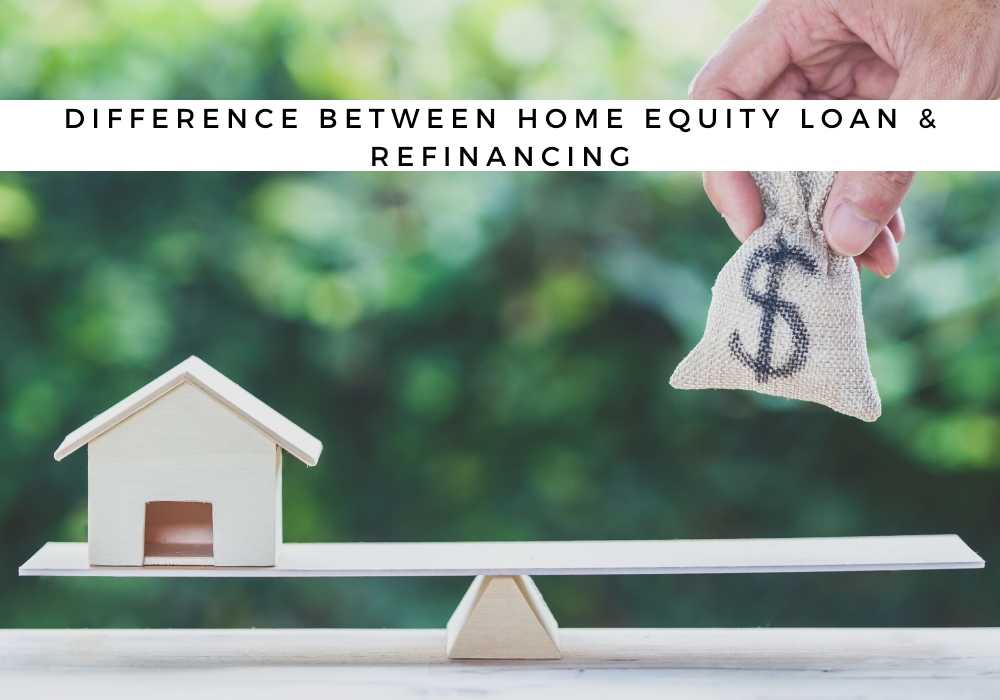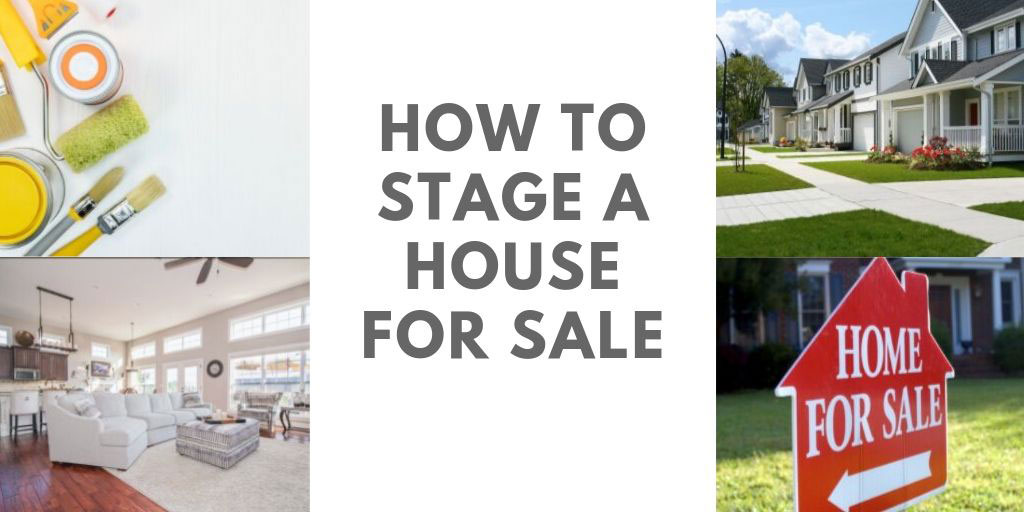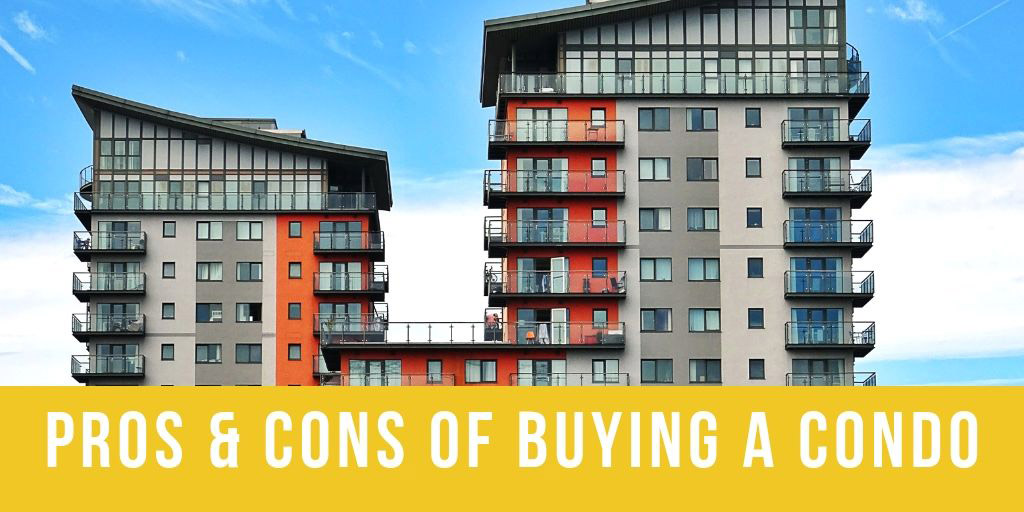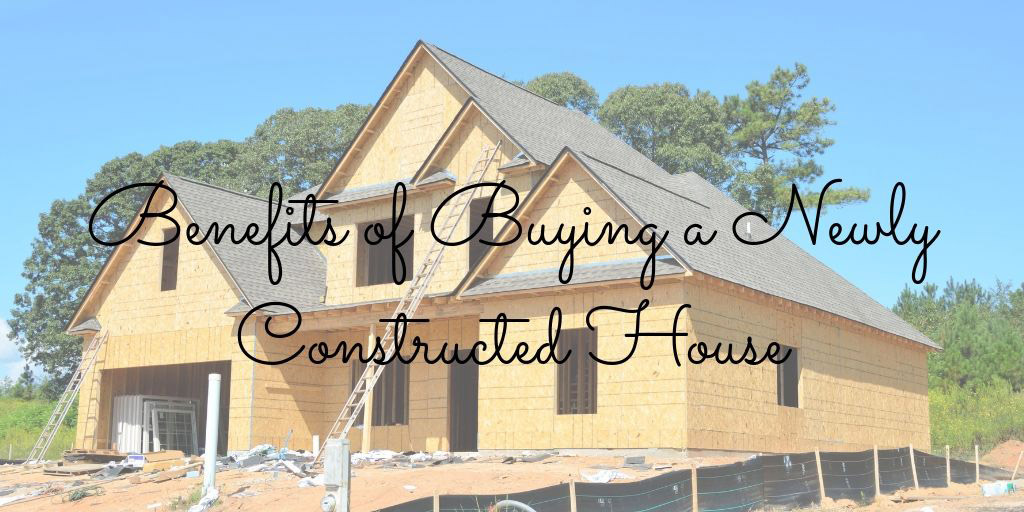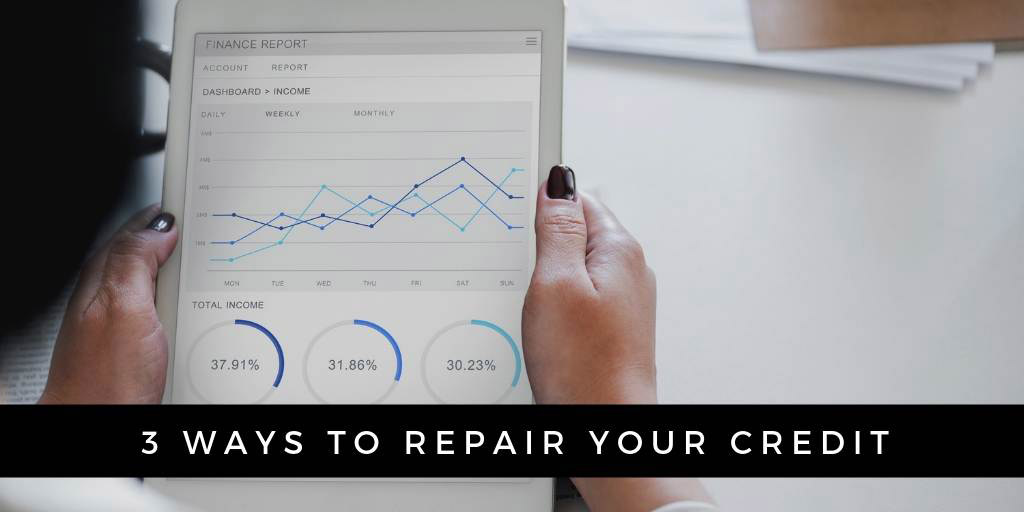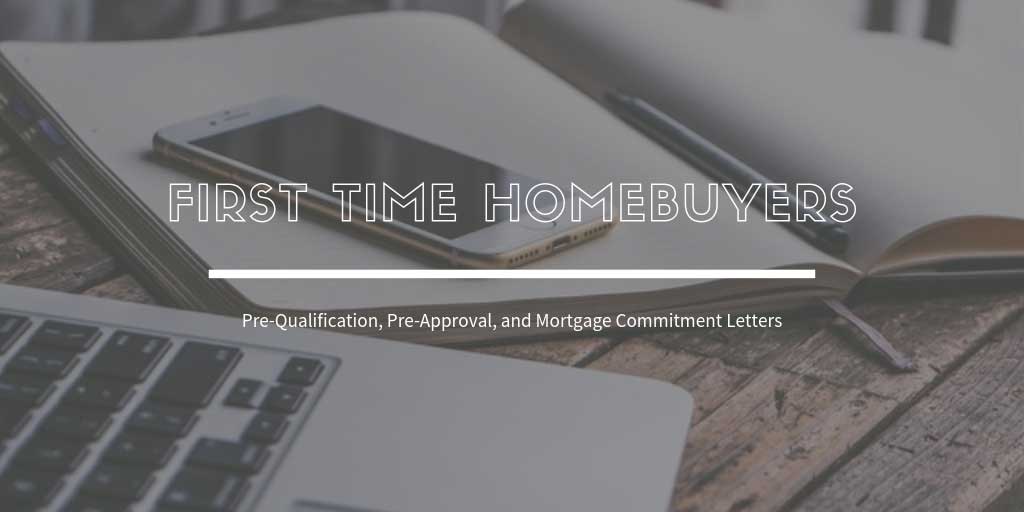Most home buyers take out a mortgage to help finance buying a home. As a result, many homeowners are faced with a monthly mortgage payment during the time they are raising their children or sending them off to college. What if a way existed to pay off your home loan early in order to free up the money for the kind of adventures every family longs to have? Fortunately, a few strategies do exist that can help you to shave years off your mortgage term. All you need to do is incorporate as many of them as you can into your life to create the kind of impact you are looking to achieve. Here's a look at several easy ways to pay your mortgage off early.
Round Up Your Monthly Payment
Instead of paying the exact amount of your monthly payment, you can round up to the next even number. For example, if your monthly mortgage payment is supposed to be $1425, you can pay $1500. While this additional $75 may not seem like it is going to make a difference, it does. Plus, you probably won't even miss this small sum of money from your take-home pay
Put Your Bank Account Interest Toward Your Mortgage
If you have savings accounts at a local bank or credit union, you may want to consider putting the interest that you've earned toward your home loan. You have the option to do this at your discretion. However, if your money is tied into CDs, then you'll have to wait until the CD comes due. You won't miss this money because it isn't included in your take-home pay. Plus, it can help to whittle down the balance on your mortgage, especially when you combine it with other strategies.
Take Unexpected Financial Bonuses and Put Them Toward Your Mortgage
One way to pay down your mortgage debt is to take any unexpected monetary bonuses and put them toward the balance of your home loan. You can use lottery winnings, holiday bonuses, gifts of cash, inheritances, and tax refunds to decrease the amount of money you still owe on your mortgage.
Refinance Your Home Loan
Not everyone can save money by refinancing a mortgage. Evaluate the cost to do so and weigh it against potential savings on the debt. If you can save more money than you spend, refinancing provides an excellent option when you are looking to save money on your mortgage. Ideally, you can select a shorter term that allows you to shave years off your home loan. Alternatively, your monthly payments decrease, allowing you to put more money toward the balance of your loan
Paying off your mortgage early can save you thousands of dollars in interest fees. Not only does this strategy help free up cash for family vacations, college, and special events, but it also helps you to avoid paying a lot more for your home than it is worth. Before you begin, you should talk to your lender and find out whether or not any penalties exist for early loan repayment.
If no penalties exist, you can move forward with your plan to pay off your mortgage early. Simply take the time to figure out which strategies are going to be the easiest to incorporate into your life and start paying down your mortgage now. Not only do you lower the balance on the payoff number, but you also lower the total amount of interest paid on your home loan.


